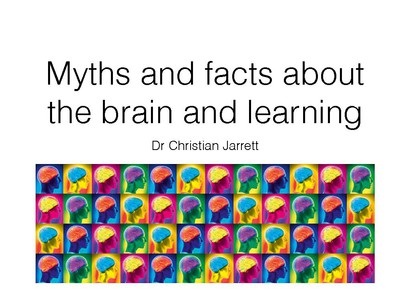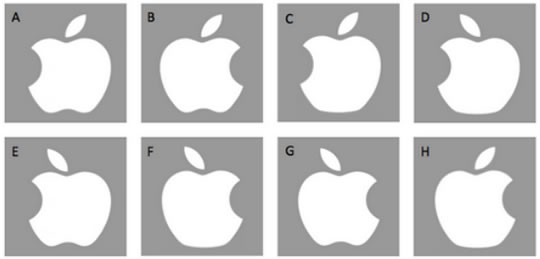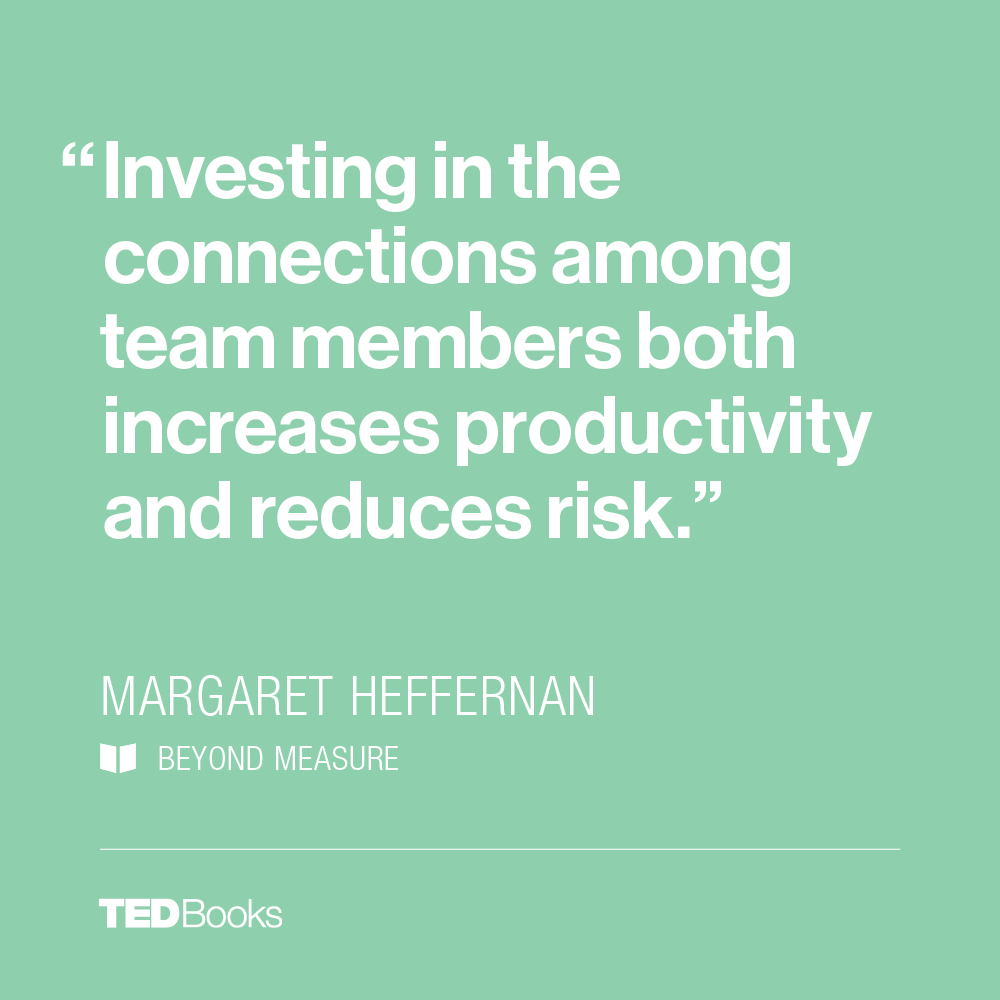
Myths and facts about the brain and learning
Editor’s note: This is worth an hour of your time. Dr Christian Jarrett slays some myths about learning in his talk at the Learning Technologies conference back in January this year.

Editor’s note: This is worth an hour of your time. Dr Christian Jarrett slays some myths about learning in his talk at the Learning Technologies conference back in January this year.

Editor’s note: Charles Jennings looks at the history and development of blended learning and wonders at its future. He also looks at it through the 70:20:10 lens.

Editor’s note: A simple test show how we like to get the gist of something – the information we need to make sense of something – rather than all the information we need.
Editor’s note: As virtual reality takes off with news Oculus Rift will be hitting shops early next year, VR pioneer Jacquelyn Ford Morie looks back at the technology and forward to where it is heading.

Editor’s note: A look at the importance of social capital – the ‘mortar’ that binds us ‘bricks’.

Cognitive biases – or limitations in our thinking, or ways of processing information – are at play all the time. This list looks at the ones that affect our rational selves.

Editor’s note: When we consider the usefulness of curation we need to be mindful of ‘filter bubbles’. This articles shows how Facebook users create their own bubbles.

Editor’s note: Here’s an explanation as to why credentials such as MBAs are looking less relevant for people looking to get jobs. Does this mean they are less relevant for in-job training?

Editor’s note: Always good to see some examples of how companies are innovating – these five are using labs to develop new ideas and thinking.
Editor’s note: Interesting that two of the seven facets of the future employee as outlined in this article are ‘Shifting from a knowledge to a learning worker’ and ‘Teaches and leans at will’. Begs the question: ‘What’s the future role of L&D if these are our future workers?”

Editor’s note: Interesting article on synchronous, participatory media such as Meerkat and Periscope – media that could hold a lot of potential for organisations.

Editor’s note: How do you make the most of your deep smarts – those with deep company knowledge and experience – when they don’t want to share what they know? A question for our times as our aging workforce gets closer to leaving employment.

Editor’s note: Great critique of the sharing economy – who it benefits in particular and and how radical the processes that underpin it actually are. Do we like where technology is taking us and our employees and societies?
Editor’s note: The title says it all. If human interaction is as important to us as food and drink then why are we increasingly isolating ourselves? This is particularly important for distributed workforces and especially knowledge workers who will be working alone.

Editor’s note: I like looking back at where we have come from. It’s not so common to look back at the rise of office workers though so this longer read is a real treat – if you like this sort of thing.
